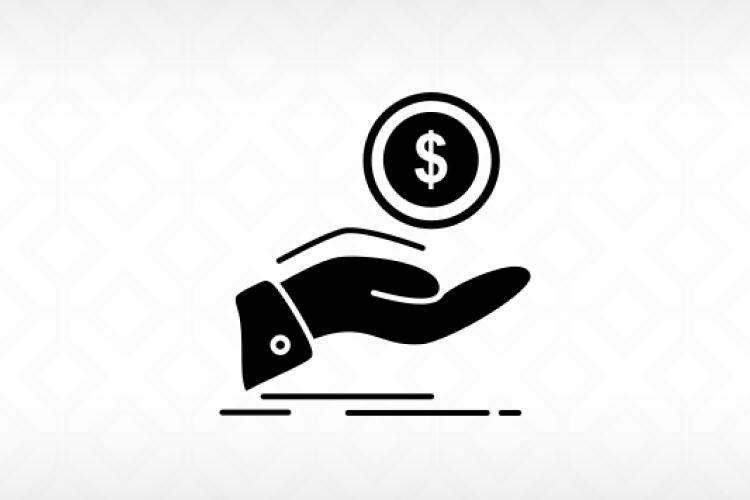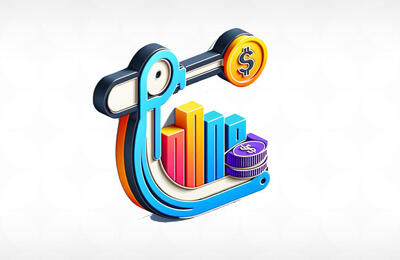
Refinancing a personal loan enables you to exchange an existing loan for a new loan of the same or a different amount, which may come with different terms regarding interest rates or the length of time needed to repay the debt. If you need more time to pay off your loan or if rates of interest have decreased to a lower rate than what you are now paying, refinancing could be a viable alternative.

Your total cost of borrowing will go down as a result of the reduced interest rate (https://en.wikipedia.org/wiki/Interest_rate) you get via a refinancing, which means you'll end up paying less for your personal loan. When you refinance your loan for a longer time, your minimum monthly payments will be reduced. If you lengthen the length of time it takes to repay the loan, you will likely end up paying more overall toward the principal of the loan owing to the interest costs.
Find out your eligibility for a personal loan.
It is best to answer the questions below to know if you are eligible for various personal loan options. The procedure is straightforward, simple and will not affect your credit score in any way.
Get Started

What does the term «refinance» really mean when it comes to personal loans?
When you refinance a private loan, you apply for a fresh loan from the exact same lender or perhaps a different one, and then you use the money from the new loan to pay off the old one. Once finalized, you'll begin making payments on your restructured loan, which has a different interest rate and other stipulations.
There are several reasons to refinance a loan, but the most common is to lower monthly payments by switching to a different lender or by taking advantage of a lower interest rate.
The same benefits apply to business loans as well — so for instance if you are looking for an SBA loan to fund your next commercial project, considering several finance loan options to get the best rate rather than sticking with any existing funding you have in place makes fiscal sense.
When are there circumstances in which it makes sense to refinance a personal loan?
If there is a possibility that you may save money by refinancing your loan, you should nearly always do so. There are many different conceivable outcomes that might result in significant cost reductions being realized.
The following are some other situations in which it could make sense to do so:
You now have a higher score on your credit report. Increasing your credit score is one of the most effective strategies you can use to raise your chances of being approved for a personal loan with a reduced annual percentage rate. Refinancing might be an excellent option for you to consider if your credit score has improved from the time that you first took out your loan.
You have decided to alter the kind of your rate. It is tough to budget for your monthly obligations when you have a personal loan with a variable annual percentage rate (APR). In addition to this, there is a possibility that there will be an increasing trend, which would result in more expenses for you. You may refinance your mortgage and transfer from a variable interest rate to a fixed interest rate, which will allow you to have more stable monthly payment amounts.

You will want to steer clear of a payment that is «ballooned.» You can be required to make a balloon payment at the conclusion of the repayment term for certain personal loans. This means that you will have to pay an amount that is much higher than the typical monthly payment. You may avoid taking out a personal loan of this kind by refinancing your existing loan ahead of schedule.
As a result of your lowered income, you now need lesser monthly payments. You may be seeking to minimize your monthly repayment if you have just recently lost your job nor have seen a reduction in your income. In this instance, you may seek to refinance your existing loan for a longer payback period, which might lower your monthly cost.
You have the goal of paying off your debt in a more expedient manner. You may wish to consider refinancing into a loan with a shorter term if you are able to afford higher monthly payments. If you pay off your loan in a shorter length of time, you will spend less money on interest throughout the course of the loan.
You are able to pay the required fees. When you get a refinancing loan, you could have to pay fees for things like the origination charge or the application cost. If you pay off your loan before the end of the repayment term, your existing lender could hit you with an additional amount known as a prepayment fee. Make sure that the financial benefits of refinancing outweigh the costs of doing so before asking for a loan to accomplish the refinancing.
Find out how to refinance a personal loan, as well as when it's a smart idea to do so and what factors you should take into consideration before doing so.
How to get a better interest rate on a personal loan
Check your chances of being approved for a fresh personal loan. Check with a number of potential creditors to determine what interest rate and other parameters you may negotiate for a new loan. The pre-qualification process will not have any impact on your credit score and will provide you the opportunity to compare the conditions of new loan offers to those of your current loan.
Think about the expenses of refinancing. Calculate the total interest and fees of the new loan and compare them to those of the current loan to see whether refinansiering av smålån would result in lower monthly payments or cost savings. Make use of the additional financing to pay off the debt that you already have. In addition to paying off your initial loan, certain lenders may also send payments straight to your bank account.
Confirm that the previous loan has been paid off. Make sure there is no outstanding amount on your initial loan by checking your account to prevent incurring any further costs. You should get started making payments on the new loan right away. Regular payments may usually be set up to be deducted automatically from your checking account by your lender.













